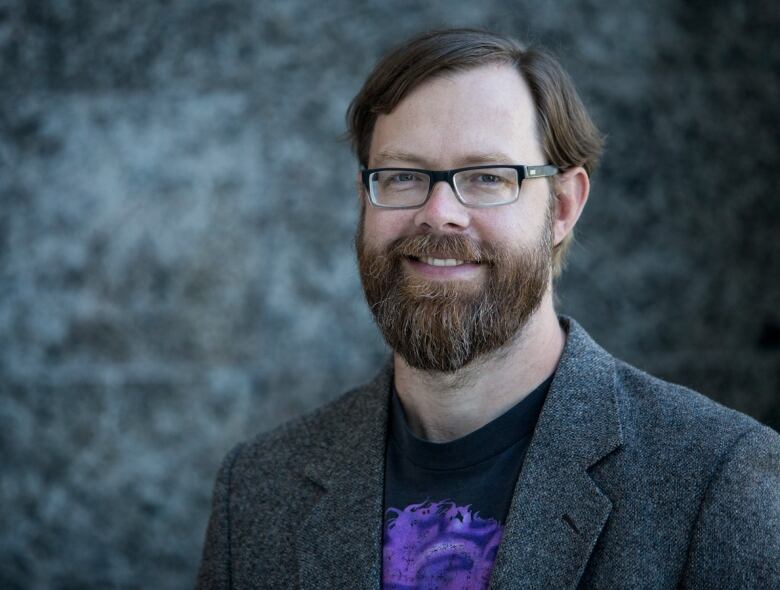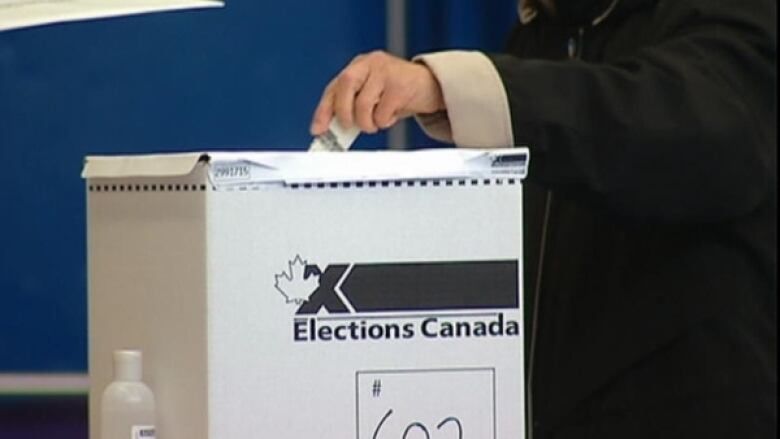The federal election in N.L. is ... a little boring. Is that a problem?
5 of the province's 7 ridings just about locked in for Liberals

In its final days, the 2019 federal election isn't so much winding down as barrelling toward Oct. 21, and as of this writing pretty much anygoverning scenario is up for grabs.
But for much of Newfoundland and Labrador, it's been a very different campaign one largely devoid ofthe election adrenalinand unpredictability that has characterizedthe national outlook.
Sure, there's been some chatter over the Liberals' proposal of a fixed link to Labrador. The NDP have chipped into the Liberal lead in St. John's South-Mount Pearl, and the contest for St. John's East appears to betoo close to call.
But policy and personality havemostly taken a backseat beyond the proverbial overpass.
The races for those five of the province's seven ridingshave beensluggish at best, withpredicted Liberal re-electionsthat havefelt almost likea foregone conclusion since the campaign was officially launched Sept. 11.
"On the voter's end, it probably feels a little boring," said Kelly Blidook, aprofessor of political science at Memorial University.
How did this end up into a campaign that wasn't? The answer could be as simple as ABC.

Blame the alphabet?
OK, so it's not that simple.
But Progressive ConservativeDanny Williams's charge against Stephen Harper's federal Tories back in the 2008 election, rallying voters to choose "Anything But Conservative," has had a lasting legacy on the province's partybase.
"Ithink it probably turned a lot of voters off, and also turned off a lot of volunteers, and people who worked with that party," said Blidook.
While one Conservative has been electedsince Peter Penashue won in Labrador in 2011 before being turfed two years later in a byelection ABC decimatedthe party's provincial backbone, andrebuilding the Conservative brand has beenanuphill battle ever since, to put it kindly.
Even 11 years later, that Conservative slog continues.While the party has a full slate of candidates for Newfoundland and Labrador, none of them is in seriouscontention to win.
Josh Eisses, thecandidate in Long Range Mountains, doesn't even live in the province his party biography conspicuously says he was raised on "the East Coast." And while a party spokesperson maintains hehas visited the riding, his presence has been little seen or heard and he declined to take part in the only organized local debate (as did Liberal frontrunner Gudie Hutchings), as well as candidate coverage for CBC Radio'sNewfoundland Morning.

Placeholder problems
Eisses isone of twoout-of-province candidates, along withthe Green Party's Labrador candidate, Tyler Colbourne, who livesin Nova Scotia and has also kept out of the election spotlight.
In their defence, the twoput their names forward for public office when few others would. Colbourne and Eisses are against incumbent Liberals Yvonne Jones and Hutchings, respectively, who both coasted to victory in 2015 with more than 70 per cent of the vote. They are both expected to win comfortably this time around, too.
The more competitive the race, the more likely it is that people show up to vote in it.- Kelly Blidook
Going against those odds is hardly anyone's idea of fun.
"It's super-hard to get candidates in the first place, when you're asking people to run when they know they can't win," said Blidook.
That doesn't do much to incentivize underdogs, whousually have day jobs and other constraints that keep them from driving to every outport ofthese ridings' far-flung corners to knock on doors and grow support at the grassroots.
"Idon't think that we can expect a lot of placeholder candidates to invest as they would as someone who would potentially win. They simply won't have the resources, they won't have the donations, they won't have the volunteers," said Blidook.
Placeholders can surprise, though. Think of the Orange Wave in 2011, when Quebec elected a sweep of rookie NDP MPs, including candidates like Ruth Ellen Brousseau. Brousseau had never set foot in her riding ofBerthier-Maskinong, and infamously spent the last days of campaign on holiday in Las Vegas.
She's now seeking her third consecutive term in office.
A self-fulfilling prophecy
While the NDP has picked up speed since the start ofthis election, it's no Jack Layton-stylesurprise surge.
In such a tight national race, all parties are under pressure to focus on battlegroundridings, helping propel a bit of self-fulfilling prophecy in Newfoundland and Labrador: other parties aren't investing in mostof the province's ridings because they're Liberal strongholds, and they remainLiberal strongholds partly because there's a lack of real competition.

And those Liberal candidates are also encouraged to not rock the boat.
"Their purpose is to win the election," said Blidook.
"Idon't expect them to be out there trying to get people engaged, and especially I don't expect them tobe out there trying to get them to think about different policies and think about different parties."
This is not to say a humdrum campaign isan example of democracy gone sour, although Blidook noted, "There is evidence out there that the more competitive the race, the more likely it is that people show up to vote in it."
It's worth noting that Newfoundland and Labrador trailed the country in voter turnout in 2015.
While it's impossible to attribute just one cause to a complicated issue like voter turnout,the Liberal domination and historically low engagement could mean people are just fine with the way things are, said Blidook.
They might be perfectly comfortable with Liberals govern," he said.
It brings to mind that oldcurse: "May you live in interesting times." Sometimes, boring isn't a bad thing.
And if you disagree the way to voice that is at the ballot box on Monday.












_(720p).jpg)


 OFFICIAL HD MUSIC VIDEO.jpg)
.jpg)



























































































